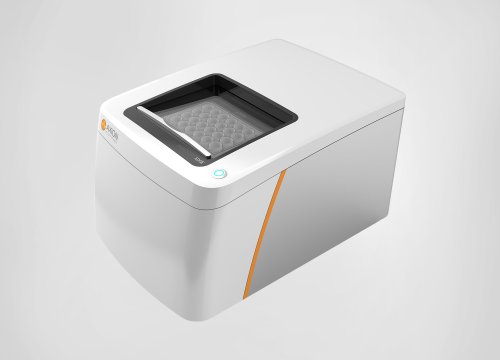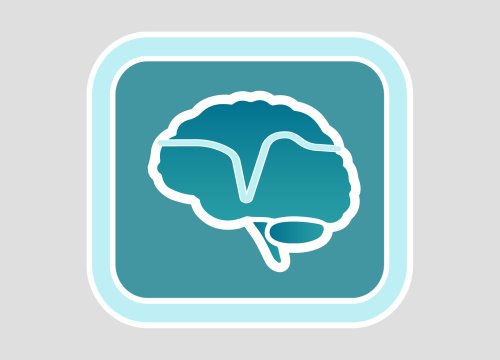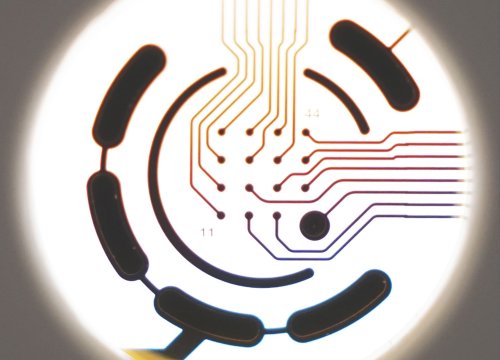Linker SB, Narvaiza I, Hsu JY, Wang M, Qiu F, Mendes APD, Oefner R, Kottilil K, Sharma A, Randolph-Moore L, Mejia E, Santos R, Marchetto MC, Gage FH
Current Biology, 2022
Scientists use Axion’s next-generation MEA platform to compare neurodevelopment between human and nonhuman primates in vitro.
Evidence suggests that human neurodevelopment occurs more slowly than in nonhuman primates, but the underlying molecular mechanisms driving these differences are not fully understood. In this study, scientists used Axion’s noninvasive, label-free Maestro microelectrode array (MEA) platform to compare neural development between human and nonhuman primate neurons in vitro, demonstrating slower onset of action potentials in human neurons. Additionally, the team used transcriptomics and knockdown experiments to show that species differences may be due to upregulation of GATA3. Overall, the authors suggest that the findings highlight the importance “of identifying how human-specific gene regulation, including these newly identified paralogs, is brought into an already functional transcriptional network of an organism, potentially through the coevolution of transcription factor binding sites.”


